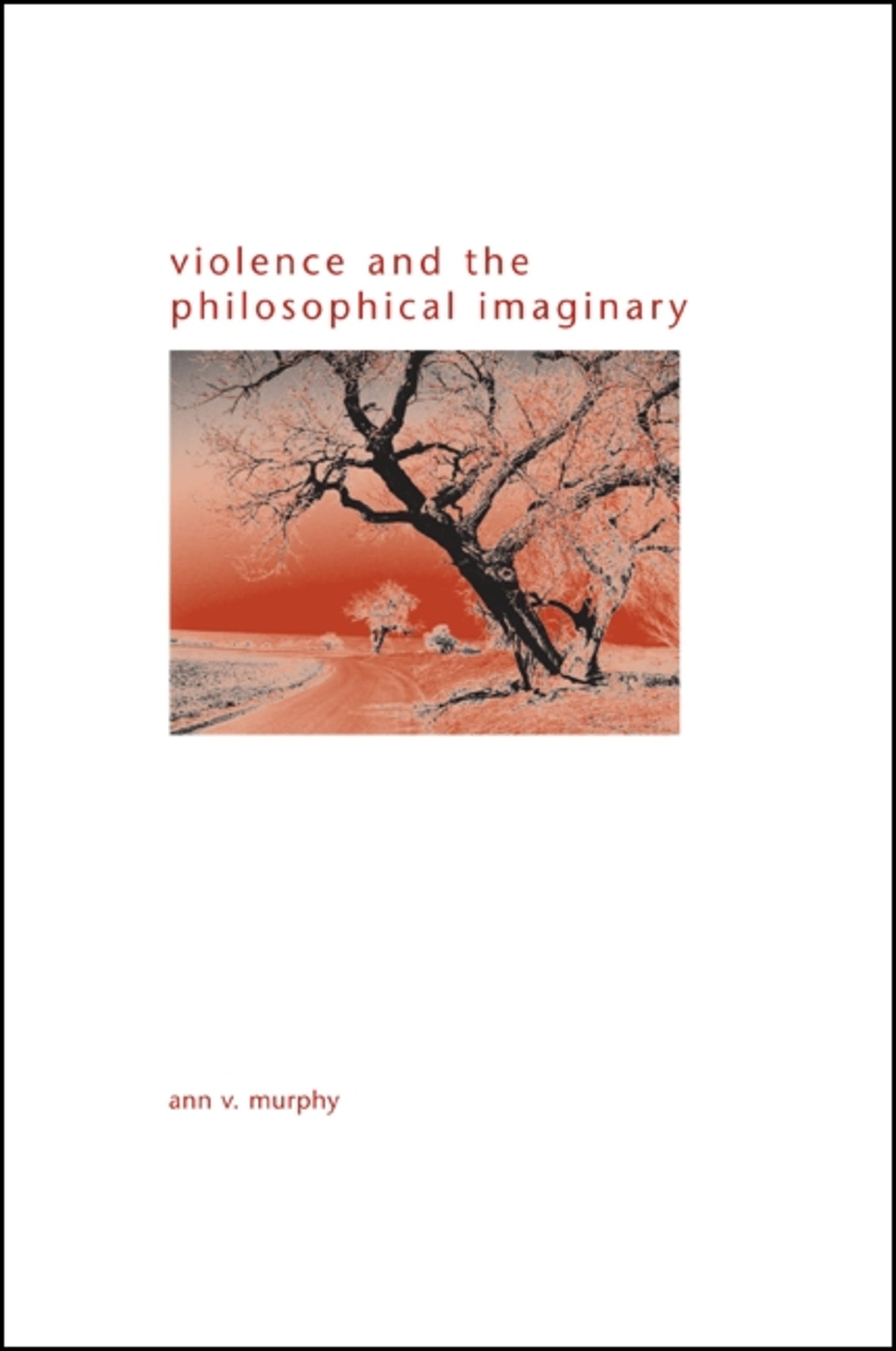We're sorry. An error has occurred
Please cancel or retry.
Violence and the Philosophical Imaginary

Some error occured while loading the Quick View. Please close the Quick View and try reloading the page.
Couldn't load pickup availability
- Format:
-
01 May 2012

Examines how violence has been conceptually and rhetorically put to use in continental social theory.
Images of violence enjoy a particular privilege in contemporary continental philosophy, one manifest in the ubiquity of violent metaphors and the prominence of a kind of rhetorical investment in violence as a motif. Such images have also informed, constrained, and motivated recent continental feminist theory. In Violence and the Philosophical Imaginary, Ann V. Murphy takes note of wide-ranging references to the themes of violence and vulnerability in contemporary theory. She considers the ethical and political implications of this language of violence with the aim of revealing other ways in which identity and the social bond might be imagined, and encourages some critical distance from the images of violence that pervade philosophical critique.


"…a concise and insightful exploration of the motif of violence within twentieth- and twenty-first-century continental philosophy … Violence and the Philosophical Imaginary is an essential addition to recent rereadings of Beauvoir's oeuvre, especially her ethical period writings … a precisely written and important book for anyone interested in feminist ethics, violence, or contemporary continental philosophy." — Hypatia
"In short, Murphy's exciting book returns our attention to the ambiguity of our precarious lives and the overflowing imaginaries that animate them; we move from descriptive to prescriptive claims only through exercising critical restraint, such that we might do justice to our lived complexity." — APA Newsletter
"Violence and the Philosophical Imaginary makes a unique and remarkable contribution to contemporary discussions of violence. What is unique about the approach of the book is that, from a position squarely on the side of nonviolence, Ann Murphy embarks on a critical analysis of critiques of violence. This is as brave as it is necessary." — Rosalyn Diprose, author of Corporeal Generosity: On Giving with Nietzsche, Merleau-Ponty, and Levinas
Acknowledgments
Introduction
PART ONE: Violence, Reflexivity, Critique
1. Thinking in Images
Violence and the Philosophical Imaginary
Feminism and the Motif of Violence
Genealogy and Violence
2. Philosophy’s Shame
Shame and the Philosophical Imaginary
Philosophy and Its Others
Shame and the Discourse on Difference
3. Violence, Visibility, and Identity Politics
Philosophy, Identity, and Violence
The Defense of Identity Politics
The Visible and the Real
Sexuality and Spectacle
PART TWO: Vulnerability, Ambiguity, Responsibility
4. The Provocations of Vulnerability
Feminist Philosophy and the Vulnerable Body
Ethical Ambiguity and Corporeal Vulnerability
A Phenomenology of Touch
Framing Violence and Vulnerability
5. What’s in a Name? Imagining Vulnerability Otherwise
Uniqueness and the Human
Ontological Virtue
Ontological Vice
An Ethics of the Singular
6. Assuming Ambiguity: The Body and Ethical Life
Ambiguity in Beauvoir’s Early Work
Vulnerability Revisited
Assuming Ambiguity
Freedom and Violence
Conclusion: Witnessing the Imaginary
References
Index



